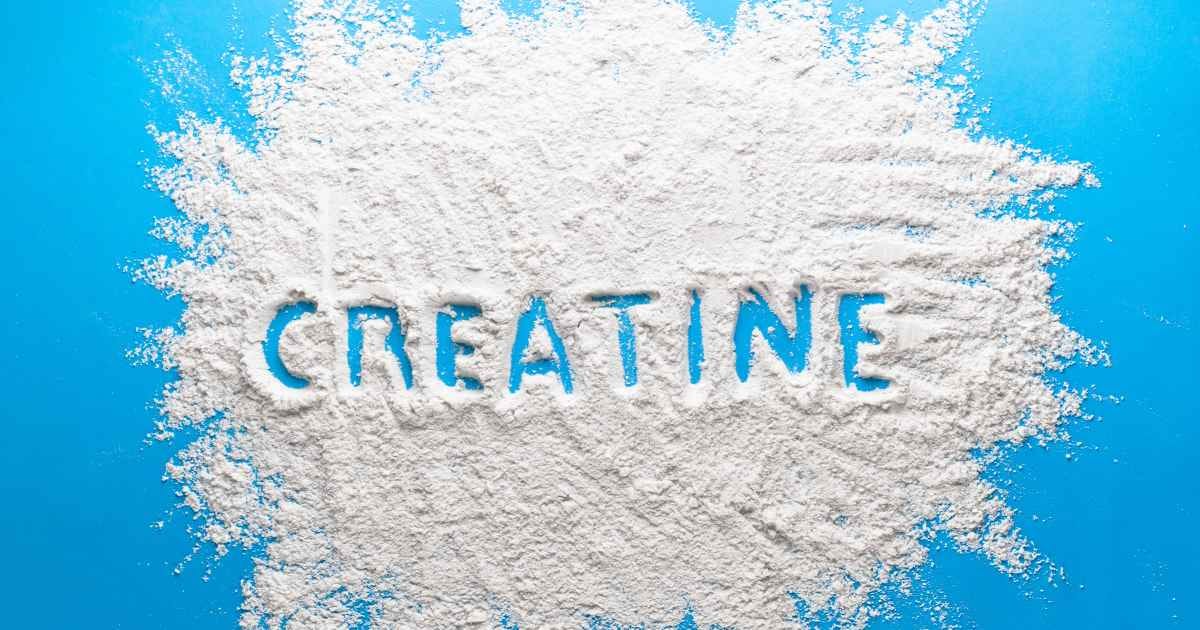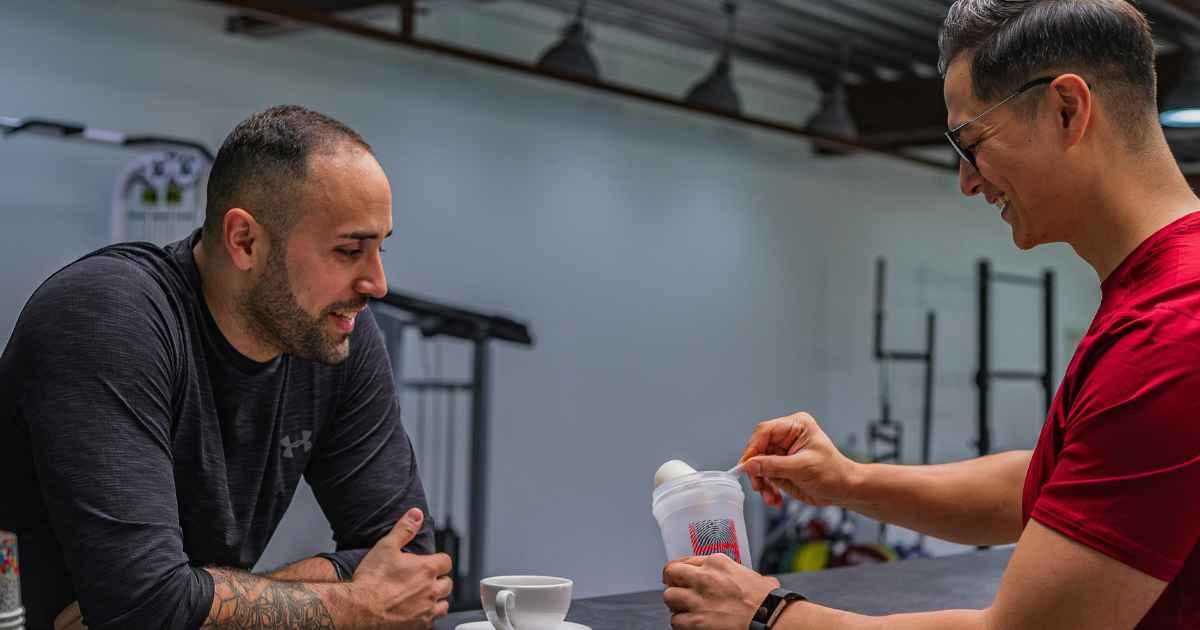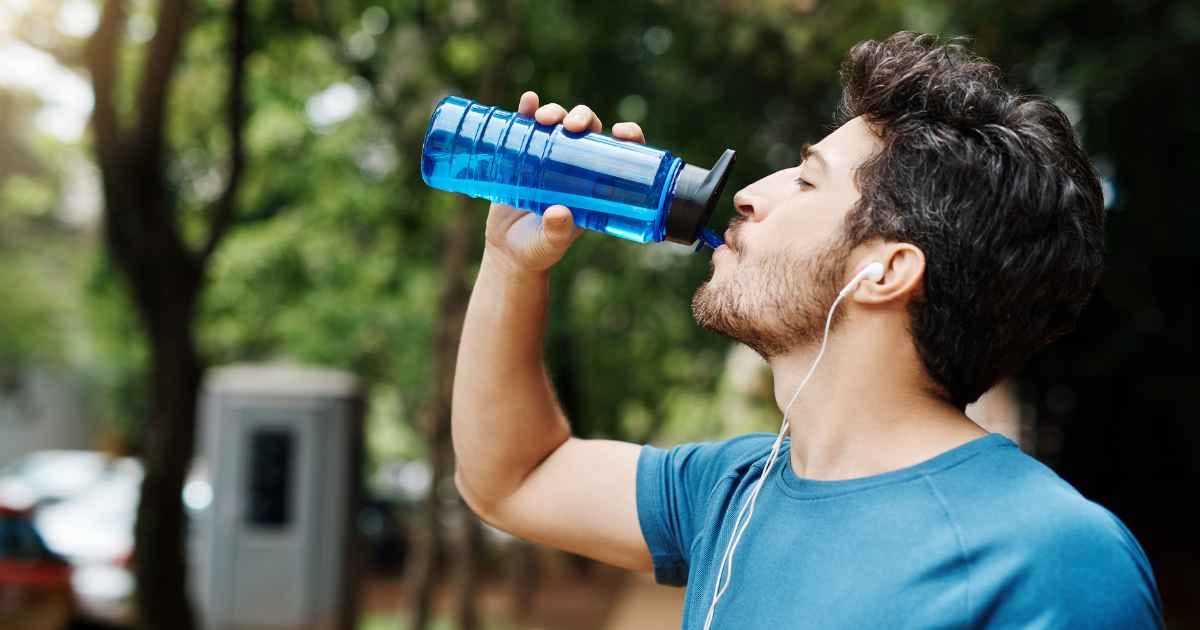Supplements Should “Supplement” Not Replace
5 Supplements Worth Your Money
When it comes to dietary supplements, there are hundreds—if not thousands—available on the market.
Because of the sheer number of options, it can be very confusing for the average consumer.
So, what I thought I would do is create an article sharing the 5 supplements I generally recommend for most people who exercise regularly.
Disclaimer:
The information provided about dietary supplements is for informational and educational purposes only and is not intended as medical advice.
Please use your common sense and speak to a qualified healthcare professional, especially if you have pre-existing medical conditions, or are taking medications.
But before I get into that, I want to first discuss the importance of nutrition, because at the end of the day, supplements are meant to “supplement” your diet, not replace it.
So let’s talk about this in a bit more detail.
Nutrition Always Comes First
You might have heard the expression, “You can’t out-train a bad diet.” Well, I’m going to add to that and say that you can’t out-supplement a bad diet either.
Alongside sleep and stress management, a healthy diet—consisting of protein, carbs, and healthy fats—is the foundation of good health.
And what you’ll actually find is that if you consume a nutrient-dense diet MOST of the time, supplements like multivitamins become unnecessary; you simply won’t need them because the food you’re eating will do the job.
A very good way to look at supplements is to think of them like an insurance policy:
They’re there to fill in the gaps.
For example, let’s say you wanted to consume 10 grams of creatine per day. Do you know how much meat you’d have to eat?
You’d need to consume roughly 2 kilograms (about 5 pounds) of meat. The average person isn’t going to do that.
So in this case supplementing with creatine, would make sense!
#1 Creatine Monohydrate
The very first thing you need to know about creatine is that it isn’t just a “gym bro” supplement.
In fact, there’s plenty of research suggesting that creatine can actually help with cognitive function and brain health.
In other words, it’s a performance enhancer for both mind and body.
Not only can creatine help you in the weight room by improving strength, performance, and recovery, research suggests that creatine can help with concentration and alertness.
Here’s another interesting point: it may even help with depression.
So, it’s not so bad for what some call a “gym bro” supplement!
And the best thing about creatine is, first, that most people can tolerate it well.
Second, it’s very affordable.
In the United Kingdom, you can pick up a tub of Creapure creatine monohydrate—which is considered the gold standard of creatine—for under £25 (roughly $20).
Before we move on to the next supplement, here’s a little tip:
Whenever you take creatine, consume it with a drink that contains carbohydrates. This enhances creatine absorption.
Personally, I like to take mine with coconut water because it’s healthy, contains carbs, and also provides electrolytes.
#2 Protein Powder
So is a protein supplement absolutely necessary?
The answer is: it depends.
At the end of the day, if you’re able to meet all of your protein needs strictly through food, then you do not need a protein supplement. However, most people lead busy lives and have a lot going on, which is where protein supplements come in.
For example, imagine you’re at work and have only a 30-minute break. The last thing you want to do is cook a meal—you probably want something quick and convenient.
In this case, a protein shake can effectively fill in the gaps and help you meet your protein requirements.
Remember that supplements are intended to supplement your diet, not replace it.
#3 Vitamin D
You might be wondering, what are the benefits of vitamin D? Well, vitamin D plays several important roles in the body:
It supports bone health.
It strengthens your immune system.
It helps regulate hormones.
It improves learning and concentration.
It is also beneficial for your skin.
So I’m sure you’ll agree that vitamin D is important.
However, just like protein supplementation, not everyone needs to take vitamin D supplements.
This is because you can get vitamin D naturally from sunlight.
For example:
If you live in a sunny climate and have regular access to direct sunlight, your vitamin D needs are likely covered.
Keyword: Likely.
To meet your daily vitamin D requirements, you only need roughly around 15 to 30 minutes of sun exposure per day. However, if you have darker skin like me, you might need to increase that time to around 40 to 45 minutes.
Personally, I need to supplement with vitamin D because I live in England, where it isn’t sunny year-round.
Typically, I take vitamin D supplements from the end of October until the end of March. Once the weather warms up and the sun shines more consistently, I stop taking the supplements.
#4 Omega-3
Let's talk about the benefits of Omega-3.
No. 1: It is good for brain health.
No. 2: It supports heart health.
No. 3: It can reduce inflammation.
No. 4: It promotes bone health.
No. 5: It benefits the health of your skin.
Omega-3s are very important, but just like protein or vitamin D supplementation, they are not strictly necessary if you get enough from your diet.
You can obtain Omega-3 from foods such as mackerel, salmon, sardines, cod liver oil, oysters, and chia seeds—the list could go on to be honest.
There are plenty of food sources rich in Omega-3.
However, I understand that not everyone is a fan of seafood and If you happen to be somebody who find’s it difficult to eat fish, then supplementing with Omega-3 might just be a better option for you.
#5 Electrolyte Powder
So, you might be wondering: what exactly are electrolytes?
The simplest way to explain it is that they are essential minerals found in your blood, sweat, and urine.
When it comes to health, electrolytes are incredibly important.
They contribute to heart health, help balance the amount of water in your body, and support nerve and muscle function.
While you can get electrolytes by consuming whole foods—which, by the way, I highly recommend—if you are somebody who exercises on a regularly basis and somebody who sweats often, it is probably in your best interest to supplement with an electrolyte powder.







